As previously reported, Manfred Weber and his Brussels allies have repeatedly threatened Hungary, expressing disapproval that the country refuses to fall in line on the issue of Ukraine's EU membership.
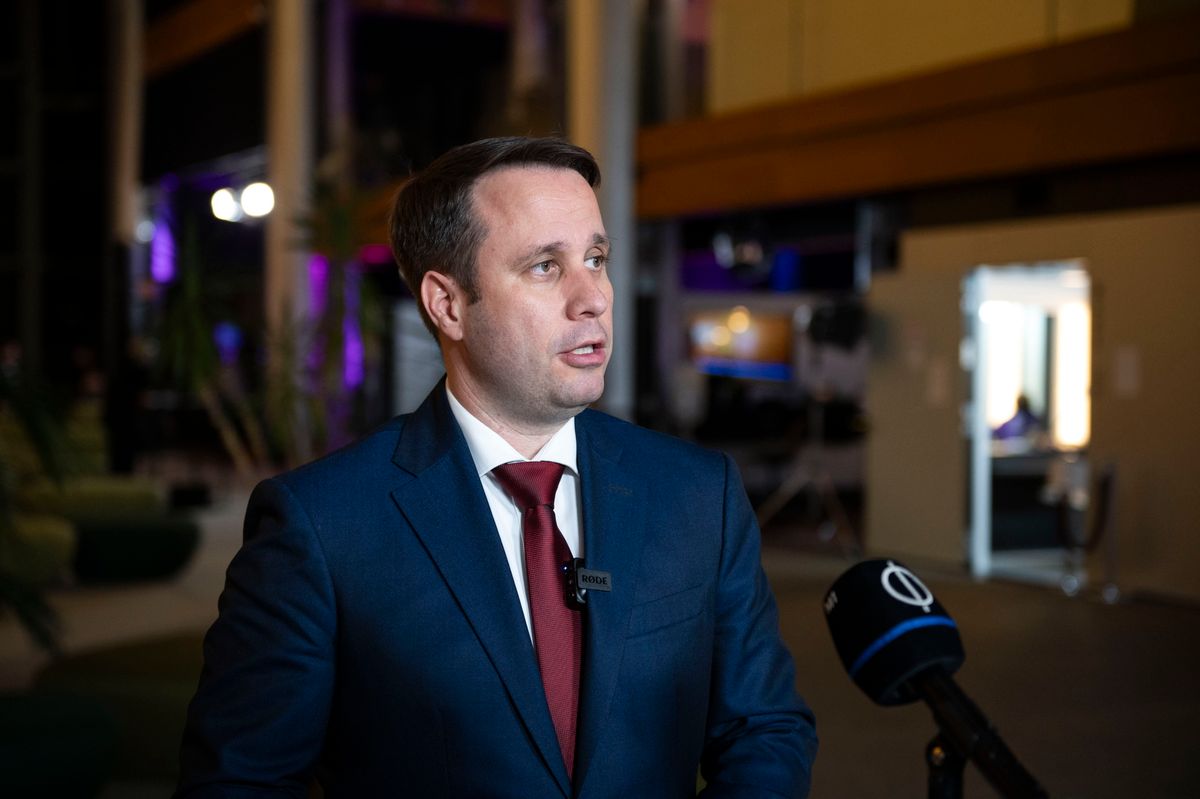
The Attacks on Hungary Are Not a New Phenomenon
This didn’t just start now. Years ago, Manfred Weber openly declared he didn’t want to become Commission president with Hungarian votes — and in the end, he didn’t win the vote. Since then, he and his allies have taken positions on numerous issues contrary to Hungary’s interests, including the migration pact,
Domotor said. He emphasized that the European People’s Party has become one of the main drivers of the Bloc's pro-war policy in recent years, and now they argue that Ukraine’s accelerated full EU membership is Europe’s most urgent task amidst multiple crises — without discussing any of the consequences.
The Tisza Party, as a member of the EPP group, is an integral part of this, even if they continuously deny it — just like the MSZP at the time denied the existence of a migration crisis,
he added.
Ever since a government that follows its own path and bases its decisions solely on national interests rules Hungary, there have been constant efforts to replace it with a government that complies with Brussels’s expectations,
the MEP said. He added that this is not the first such attempt.
We saw it earlier with Hungarian opposition joint PM candidate Peter Marki-Zay, and Momentum politicians were also once Brussels’s darlings. Now it’s the Tisza Party representatives. The pattern is clear: those who frequently badmouth their country in EU institutions tend to win 'MEP of the Year' awards. It used to be the Momentum MEPs, now it’s Peter Magyar and his colleagues.
Brussels and the Tisza Party Continue to Back Ukraine
At a Brussels press conference, Manfred Weber declared that Ukraine has a right to have everything Hungarians have enjoyed for 20 years as EU members. He also made it clear that the EPP and its war-supporting leadership are unconditional backers of Ukraine’s EU accession.
What took years of long, tough negotiations for other countries, they now want to fast-track for Ukraine,
Domotor emphasized, adding that Weber and his allies are silent on the real concerns raised over Ukraine's potential membership.
No mention is made of how Ukraine's accession would impact EU and national budgets, agriculture, existing support programs, cohesion funds, or direct payments,
he warned, stressing that these negative consequences cannot just be swept under the rug.
There are already studies detailing the likely consequences of Ukraine membership. One of them estimates cohesion funding could drop by 15–22% in several member states — a drastic cut. And yet Peter Magyar dismisses this as irrelevant,
the MEP said.
These issues aren’t up for debate in the European Parliament. What they want is a kind of declaration of faith in the fast-tracked accession. The overwhelming majority falls in line, but Hungary insists that decisions of this magnitude cannot be made over the heads of its people, including over Hungarians'. Anyone who heard the speeches this week from Ursula von der Leyen or Manfred Weber understands why it’s important to hold a public opinion vote,
Domotor concluded.
Cover photo: Csaba Domotor, Fidesz MEP (Photo: MTI)
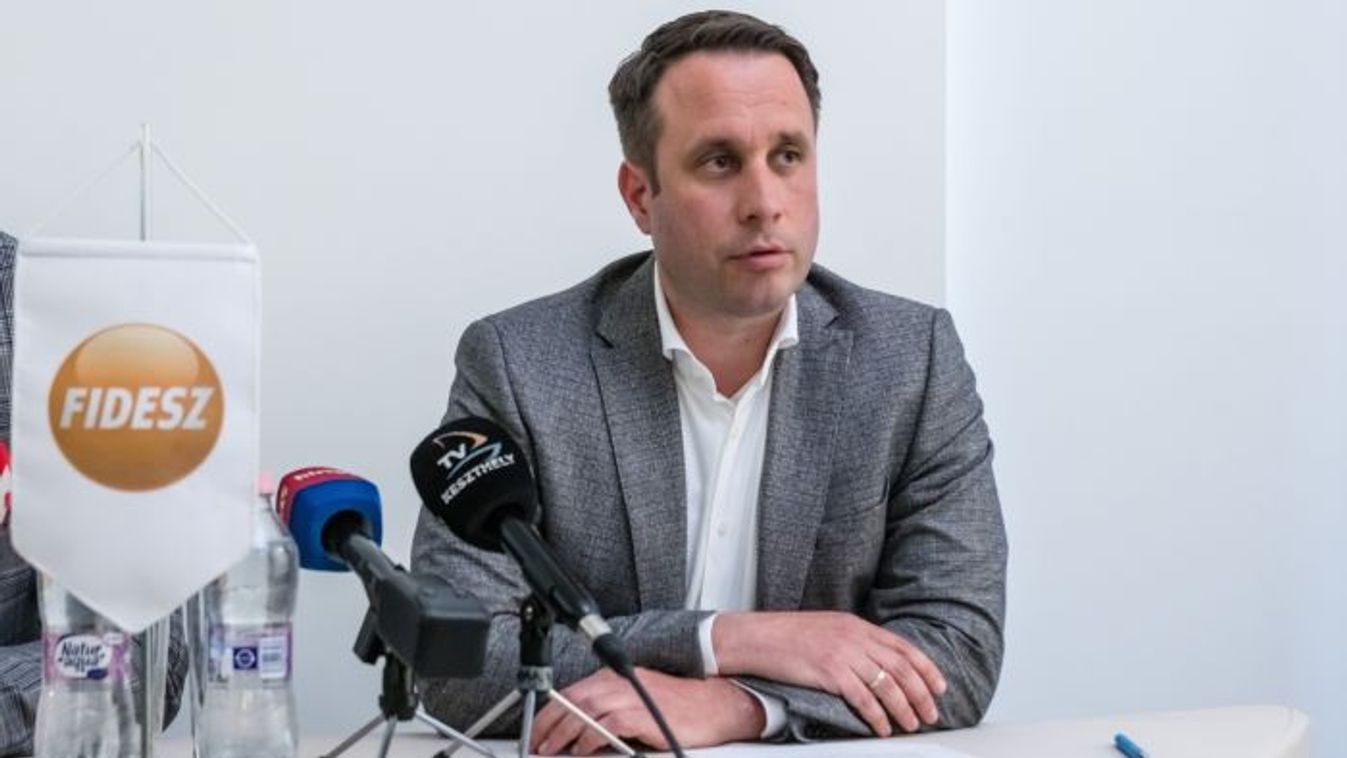
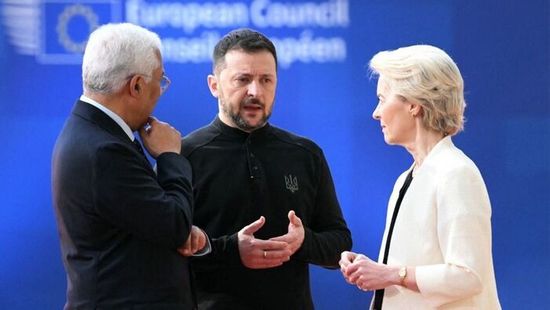
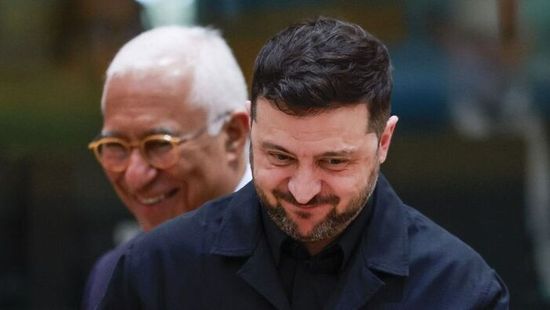
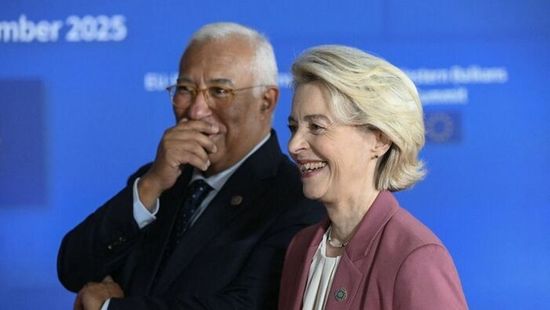
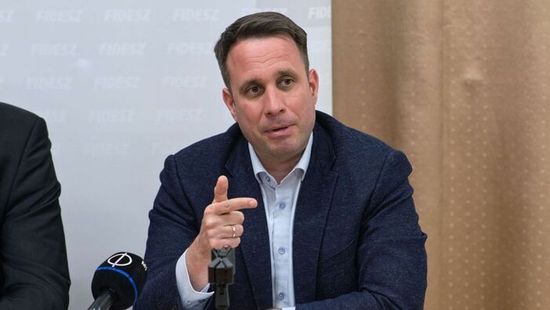

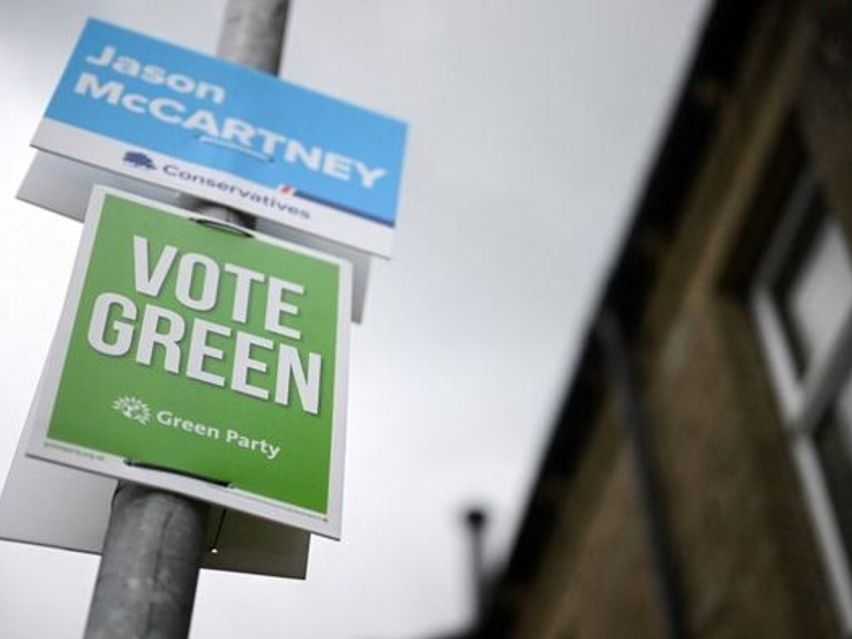
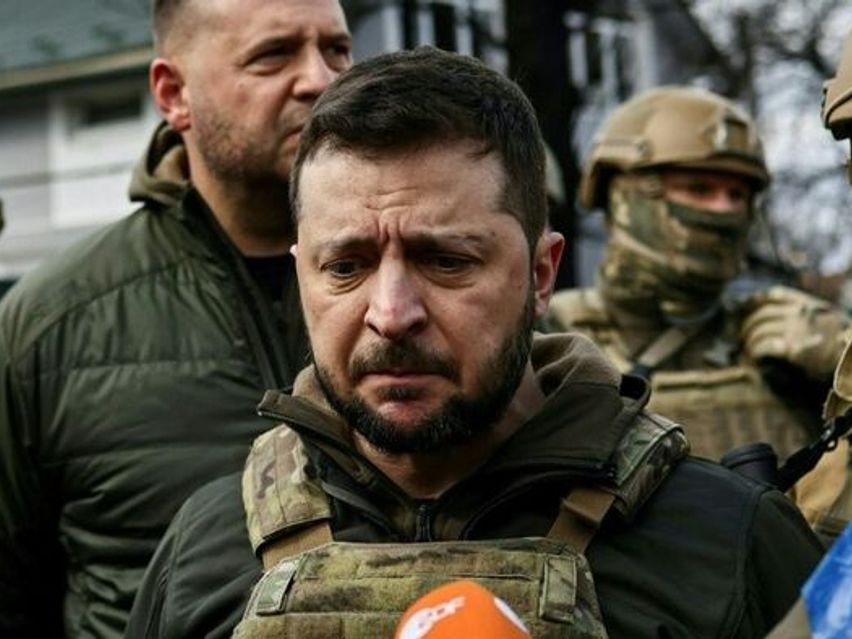



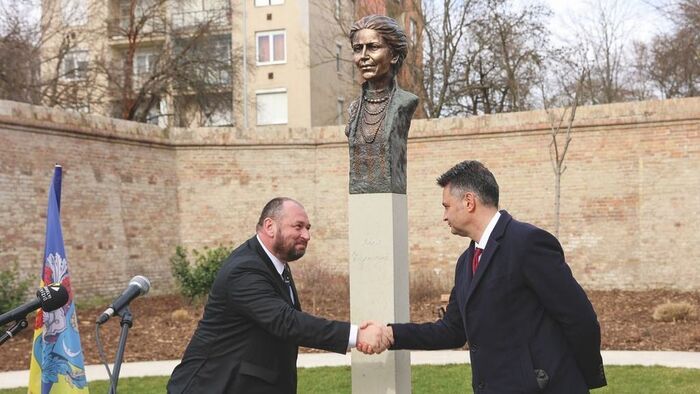

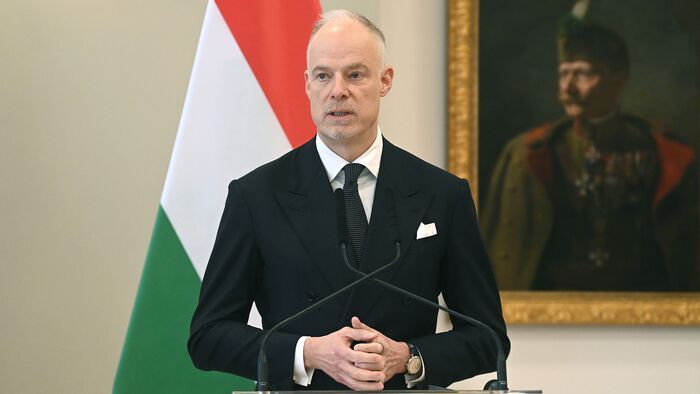

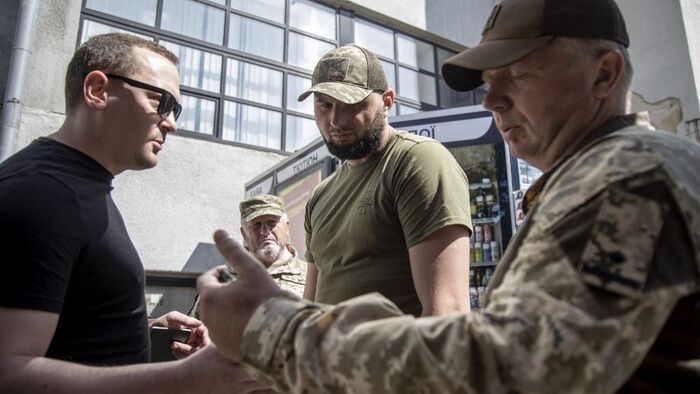
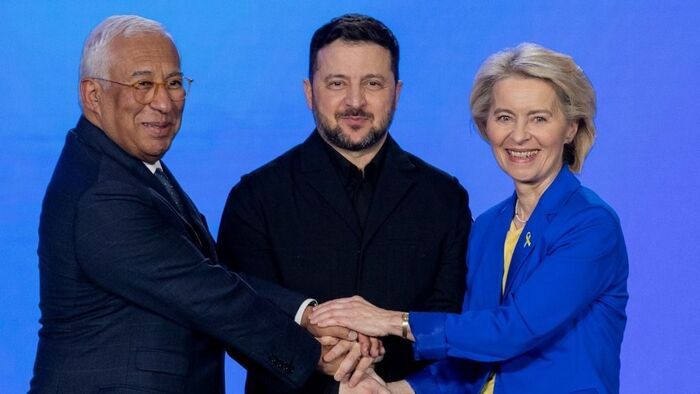
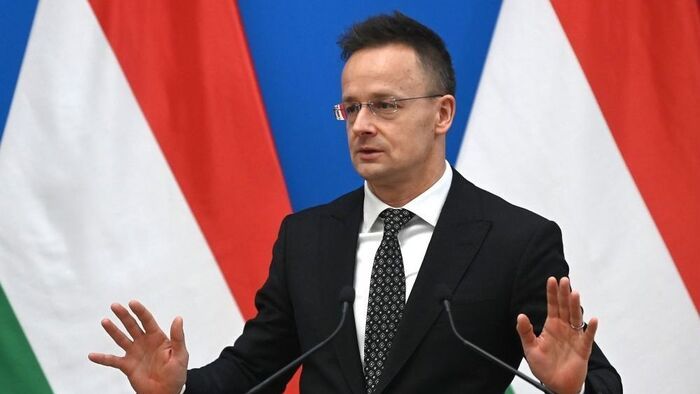


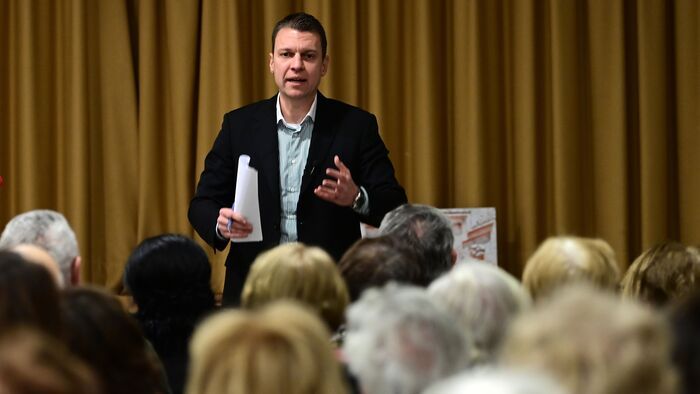
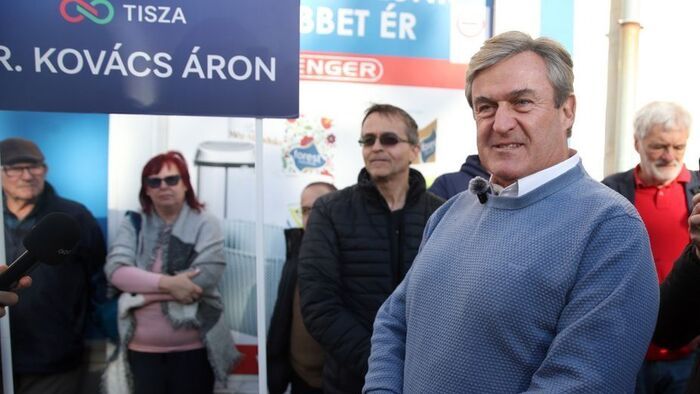

Szóljon hozzá!
Jelenleg csak a hozzászólások egy kis részét látja. Hozzászóláshoz és a további kommentek megtekintéséhez lépjen be, vagy regisztráljon!